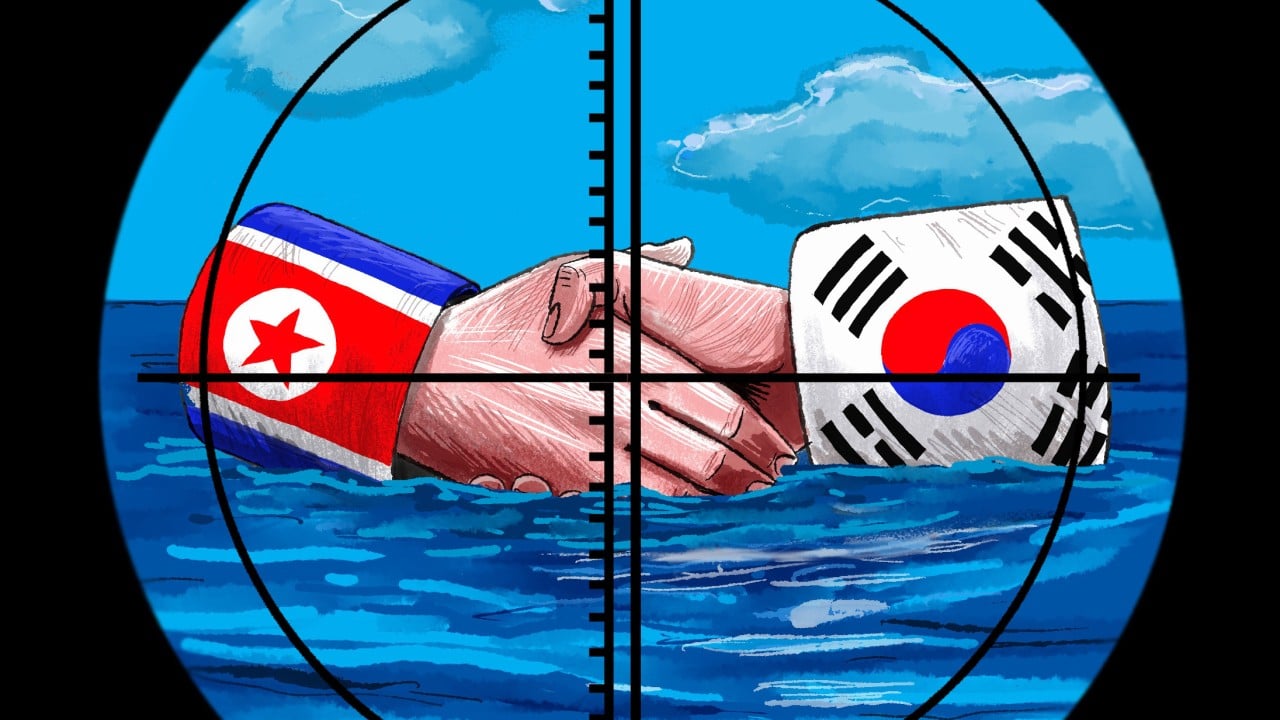South Korea, under President Lee Jae-myung, has repeatedly proclaimed its desire to improve relations and re-engage in diplomacy with North Korea. Yet a landmark agreement with Washington formalised last week reveals a starkly different priority: advancing military capabilities that will almost certainly drive the two Koreas further apart.
Advertisement
The United States has officially approved South Korea’s pursuit of nuclear-powered submarines while supporting Seoul’s efforts to secure uranium enrichment and spent nuclear fuel reprocessing capabilities. The deal exposes the contradiction at the heart of Seoul’s Korea policy – and suggests inter-Korean reconciliation remains a distant fantasy.
The agreement’s scope is significant. Washington has pledged to support South Korea’s civil uranium enrichment and spent fuel reprocessing for peaceful purposes, granting approval for the construction of nuclear-powered attack submarines. The US will work closely with Seoul to advance the project’s requirements, including fuel sourcing options.
South Korea reportedly plans to acquire four or more 5,000-tonne conventionally armed, nuclear-powered submarines by the mid-2030s, exceeding the 3,600-tonne displacement of its latest conventional submarine, the Jang Yeong-sil. Seoul also pledged to acquire advanced US weapons systems and expand defence industrial cooperation in hi-tech weaponry.
Pyongyang’s response came swiftly and predictably. North Korean media strongly denounced the agreement, sharply criticising the Trump administration’s commitment towards the “complete denuclearisation” of North Korea.
Advertisement
One commentary said it “put an end to the burning question among media and experts about the true nature and orientation of the present US administration’s policy” towards North Korea – further dampening the chances of renewed diplomacy between Donald Trump and Kim Jong-un any time soon.

